Nonrandomized trials have suggested that intra-arterial delivery of chemoradiation would be superior to intravenous delivery of comparable chemoradiation in patients with inoperable head and neck cancer.
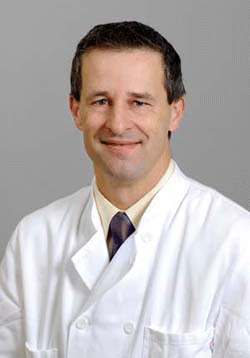

Nonrandomized trials have suggested that intra-arterial delivery of chemoradiation would be superior to intravenous delivery of comparable chemoradiation in patients with inoperable head and neck cancer.
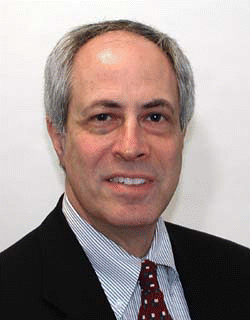
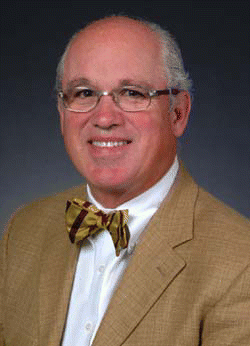
Harold (Rick) Pillsbury, MD, President-Elect of the Triological Society, has been predicting for 10 years that there would be a need to hire people to help extend otolaryngology practices—in other words, physician assistants (PAs) and nurse practitioners (NPs). “I was right. That makes me the soothsayer here,” he joked.


How much stock should otolaryngologists put into the parental interpretations of their child’s complaints? According to Ellen M. Friedman, MD, an otolaryngologist in Houston, parental descriptions are an important part of patient histories, but you still need to perform objective measures.
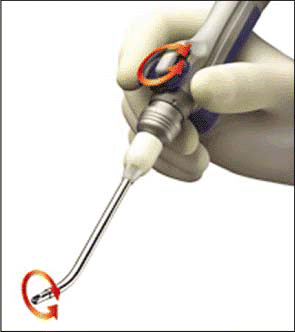
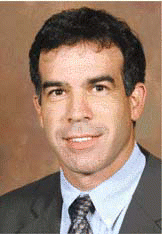
Not long ago, physicians routinely decried evidence-based medicine (EBM) as an encroachment on their professional autonomy, a barrier to good patient care, insensitive to health care’s growing complexity, and at odds with the transcendent value of the physician-patient relationship.

Although voice therapy is commonly used as an initial treatment for vocal fold nodules, its role in the treatment of vocal fold polyps and cysts is less defined.
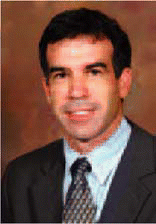
Obstructive sleep apnea (OSA) needs to be addressed as a multilevel disease, especially in patients who fail or can’t tolerate continuous positive airway pressure (CPAP).